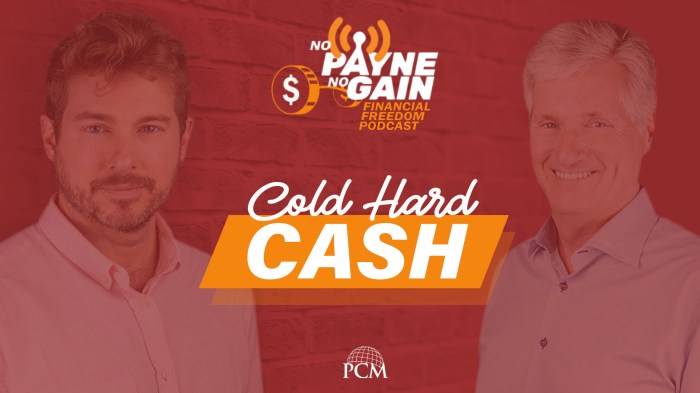Embark on an enlightening journey as we delve into the enigmatic realm of “cold hard cash crossword clue.” From its historical significance to its role in modern society, this multifaceted topic promises to captivate and inform in equal measure.
Unraveling the complexities of cold hard cash, we’ll explore its enduring value, the intricacies of its exchange rates, and the ingenious security features that safeguard it from counterfeiting. Discover the diverse ways it’s used in transactions and its profound cultural and social significance across different societies.
Currency: Cold Hard Cash Crossword Clue
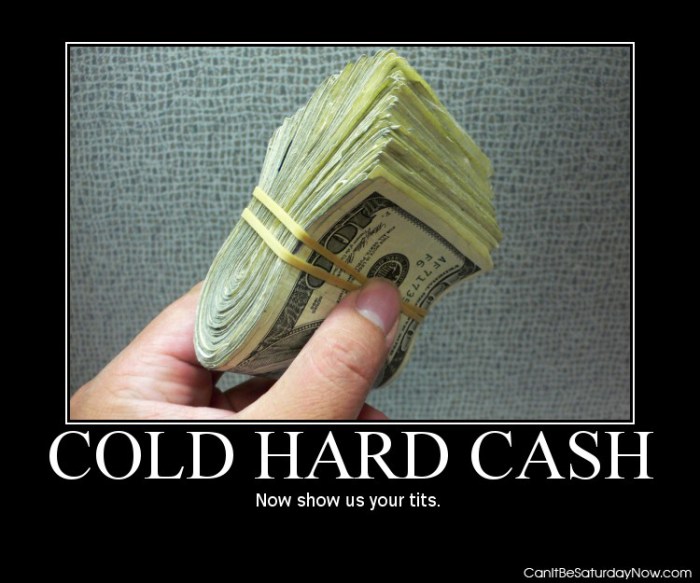
Cold hard cash has a rich history as a form of currency, dating back to ancient civilizations. Coins and other forms of metal currency were used in Mesopotamia, China, and India as early as 600 BC. Paper money, on the other hand, first appeared in China during the Tang Dynasty in the 7th century AD.Today,
cold hard cash remains the primary currency in many countries around the world, including the United States, the United Kingdom, and Japan. However, the use of digital currencies is also on the rise, and some experts believe that cold hard cash may eventually become obsolete.There
are several advantages to using cold hard cash. First, it is a tangible asset that can be easily exchanged for goods and services. Second, it is relatively anonymous, as it does not require the use of a bank account or other financial institution.
Third, it is not subject to inflation or other economic factors that can affect the value of digital currencies.However, there are also some disadvantages to using cold hard cash. First, it can be bulky and inconvenient to carry around. Second, it is susceptible to theft or loss.
Third, it can be difficult to track and manage spending when using cold hard cash.Ultimately, the decision of whether to use cold hard cash or digital currencies is a personal one. There are advantages and disadvantages to both options, and the best choice will depend on individual needs and preferences.
Countries that still use cold hard cash as their primary currency
There are many countries around the world that still use cold hard cash as their primary currency. Some of these countries include:
- Afghanistan
- Bangladesh
- Bhutan
- Cambodia
- China
- Cuba
- Egypt
- India
- Indonesia
- Iran
- Iraq
- Japan
- Laos
- Lebanon
- Malaysia
- Myanmar
- Nepal
- North Korea
- Pakistan
- Philippines
- Russia
- Saudi Arabia
- Somalia
- South Sudan
- Sri Lanka
- Sudan
- Syria
- Thailand
- Turkey
- United Arab Emirates
- United Kingdom
- United States
- Vietnam
- Yemen
Advantages of using cold hard cash, Cold hard cash crossword clue
There are several advantages to using cold hard cash, including:
- It is a tangible asset that can be easily exchanged for goods and services.
- It is relatively anonymous, as it does not require the use of a bank account or other financial institution.
- It is not subject to inflation or other economic factors that can affect the value of digital currencies.
Disadvantages of using cold hard cash
There are also some disadvantages to using cold hard cash, including:
- It can be bulky and inconvenient to carry around.
- It is susceptible to theft or loss.
- It can be difficult to track and manage spending when using cold hard cash.
Value and Exchange
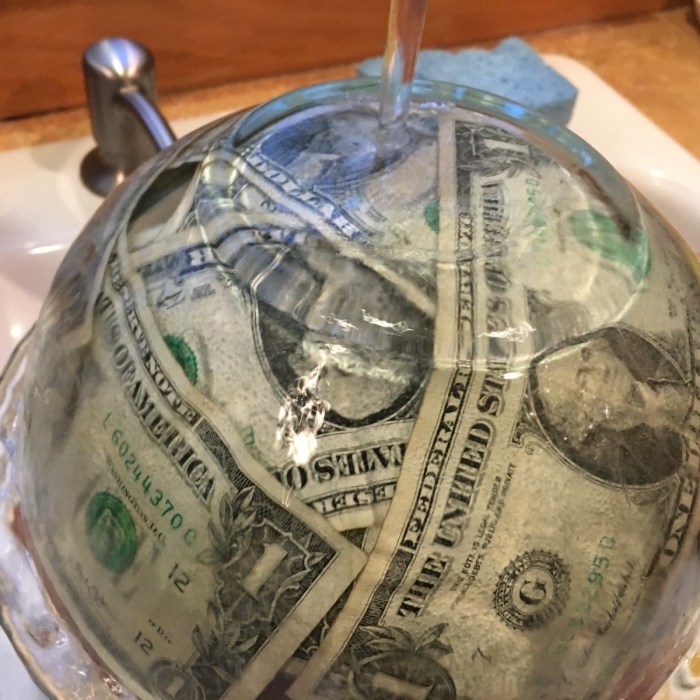
The value of cold hard cash is determined by a combination of factors, including supply and demand, government policies, and economic conditions. When the demand for cash is high, its value will increase, and when the supply of cash is high, its value will decrease.
Government policies can also affect the value of cash, such as when a central bank changes interest rates or when a government prints more money. Economic conditions, such as inflation and economic growth, can also affect the value of cash.
The exchange rate of cold hard cash is the rate at which one currency can be exchanged for another. Exchange rates are determined by a variety of factors, including the relative economic strength of the countries involved, the supply and demand for each currency, and government policies.
When the demand for a currency is high, its exchange rate will increase, and when the supply of a currency is high, its exchange rate will decrease.
Examples of Cold Hard Cash in International Trade and Exchange
Cold hard cash is used in a variety of ways in international trade and exchange. Some of the most common uses include:
- To purchase goods and services.Cash is the most common form of payment for goods and services in many countries.
- To make investments.Cash can be used to purchase stocks, bonds, and other financial instruments.
- To send remittances.Cash is often used to send money to family and friends in other countries.
- To make donations.Cash is often used to make donations to charities and other organizations.
Security and Counterfeiting
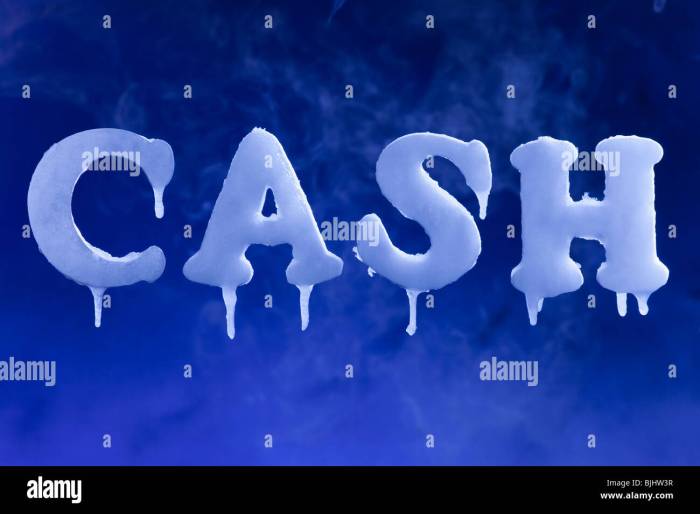
Cold hard cash, also known as physical currency, is protected from counterfeiting through various security features. These features are designed to make it difficult for counterfeiters to replicate the currency and maintain its value and integrity.
Solving crossword puzzles can be challenging, especially when it comes to obscure clues like “cold hard cash.” If you’re struggling to find the answer, consider “anti pawing device for horses” ( here’s a helpful link ). This device, used to prevent horses from pawing the ground, can also serve as a clever solution to the “cold hard cash” clue, as it’s a physical object that represents money.
To detect counterfeit cold hard cash, several methods are employed, including visual inspection, tactile examination, and advanced technological tools. The consequences of counterfeiting cold hard cash are severe, affecting individuals, businesses, and the economy as a whole.
Security Features
- Watermarks:Embedded images or designs that become visible when held up to light, providing a unique identifier for genuine currency.
- Security Threads:Thin, metallic threads woven into the paper, often with holographic or iridescent effects, making them difficult to replicate.
- Raised Printing:Certain areas of the currency are printed with raised ink, creating a tactile feel that can be detected by touch.
- Color-Shifting Ink:Special ink that changes color when viewed from different angles, adding an extra layer of security.
- Microprinting:Tiny text or images printed on the currency that are difficult to reproduce, requiring specialized equipment.
Counterfeiting Detection Methods
- Visual Inspection:Trained professionals or the general public can identify counterfeit currency by comparing it to genuine notes, looking for discrepancies in design, printing quality, or security features.
- Tactile Examination:Feeling the texture of the currency, checking for raised printing or the presence of security threads, can help detect counterfeits.
- Ultraviolet (UV) Light:Counterfeit currency often lacks the fluorescent properties of genuine notes when exposed to UV light.
- Advanced Technological Tools:Sophisticated devices, such as counterfeit detection pens or electronic currency analyzers, can quickly and accurately identify counterfeit notes.
Consequences of Counterfeiting
- Loss of Value:Counterfeit currency can undermine the value of genuine money, leading to inflation and economic instability.
- Trust Erosion:Counterfeiting erodes public trust in the currency system, making people hesitant to use or accept physical cash.
- Legal Penalties:Counterfeiting is a serious crime, punishable by imprisonment and fines, deterring potential offenders.
- Threat to Security:Counterfeit currency can be used to fund illegal activities, such as terrorism or organized crime, posing a threat to national security.
Usage and Transactions
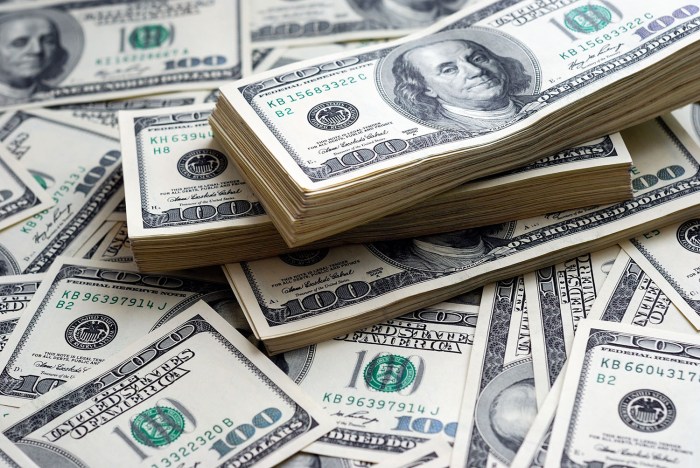
Cold hard cash remains a widely accepted and used form of payment in various transactions. It offers unique advantages and drawbacks depending on the situation and individual preferences.
One of the primary advantages of using cold hard cash is its universal acceptance. Cash is a legal tender in most countries, making it a reliable and convenient option for purchases, regardless of the availability of electronic payment systems or the acceptance of specific credit or debit cards.
Furthermore, cash transactions provide a sense of privacy and anonymity. Unlike electronic payments, which leave a digital trail, cash transactions do not require the disclosure of personal or financial information, ensuring greater privacy for the user.
Advantages of Using Cold Hard Cash
- Widely accepted and legal tender in most countries
- Provides privacy and anonymity
- No transaction fees or charges
- Easy to use and understand, especially for those unfamiliar with electronic payment systems
- Can be used for small and large purchases
Disadvantages of Using Cold Hard Cash
- Can be bulky and inconvenient to carry large amounts
- Risk of theft or loss
- Limited security features compared to electronic payment methods
- Can be difficult to track expenses and manage finances
- Not always accepted for online purchases or remote transactions
Businesses and Individuals Who Prefer to Use Cold Hard Cash
Certain businesses and individuals may prefer to use cold hard cash for various reasons. For example, small businesses and vendors who operate in local markets or cater to a cash-based clientele often prefer cash transactions for convenience and to avoid the fees associated with electronic payments.
Individuals who value privacy and anonymity may also opt for cash transactions to avoid leaving a digital footprint of their purchases. Additionally, some individuals may find cash easier to manage and budget compared to electronic payment methods.
Cultural and Social Significance
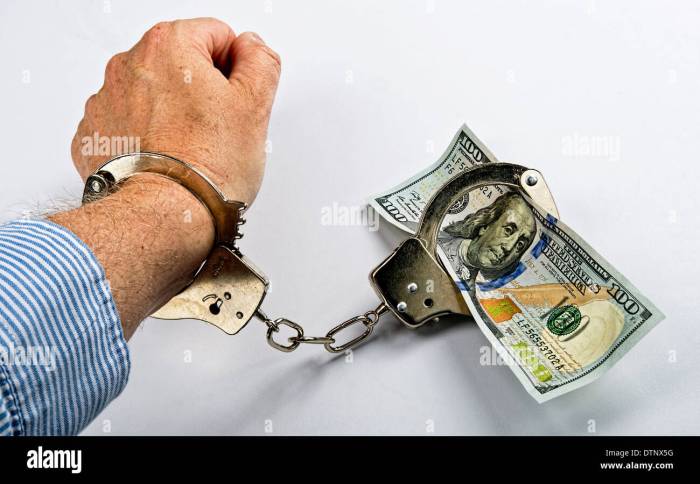
Cold hard cash has played a significant role in cultures worldwide, shaping social norms, rituals, and economic interactions.Cash is deeply ingrained in many traditional ceremonies and celebrations. In some cultures, it is customary to give monetary gifts at weddings, birthdays, and religious festivals as a symbol of prosperity and well-being.
In certain societies, cash is used in dowry payments, signifying the groom’s financial commitment to the bride and her family.Beyond its ceremonial significance, cold hard cash serves as a measure of social status and wealth. In many cultures, individuals who possess substantial cash are perceived as successful and affluent.
This perception can influence social interactions, access to opportunities, and even marriage prospects.
Quick FAQs
What factors influence the value of cold hard cash?
Economic conditions, supply and demand, inflation rates, and government policies all play a role in determining the value of cold hard cash.
How is cold hard cash used in international trade?
Cold hard cash is still used in some international transactions, particularly in countries with unstable currencies or limited access to electronic payment systems.
What are some of the advantages of using cold hard cash?
Cold hard cash offers privacy, convenience, and acceptance in a wider range of situations compared to digital currencies.
